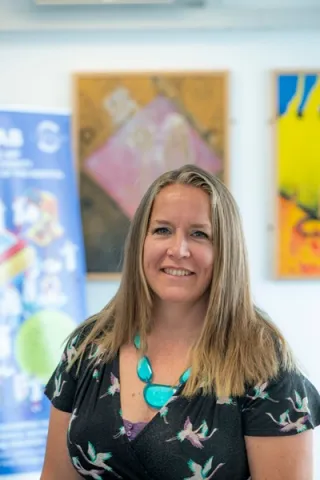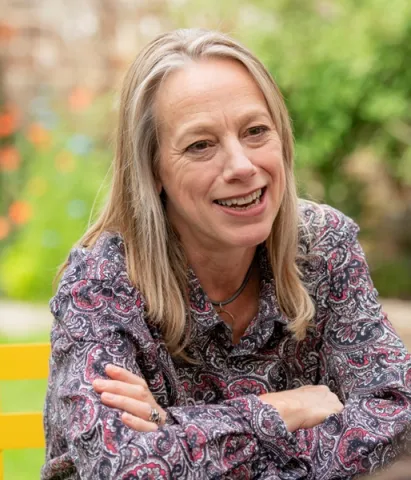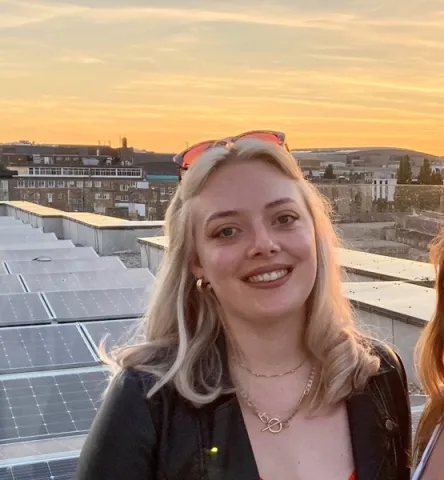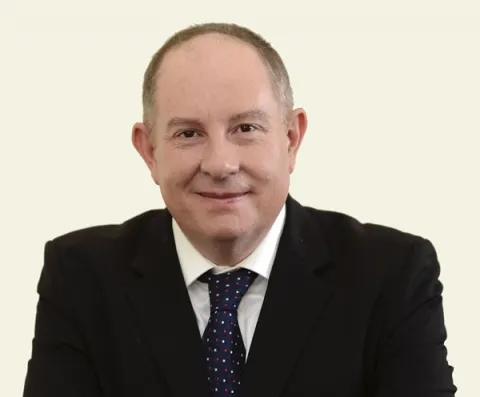Adolescent Health and Wellbeing

We focus on the physical and mental health and well-being of young people. We aim to ensure healthy futures for them and future generations.

We focus on the physical and mental health and well-being of young people. We aim to ensure healthy futures for them and future generations.

Nearly a quarter of the world’s population is adolescent. As a ‘relatively healthy’ group, their needs have been neglected in the past.
Adolescence is a phase of life when profound physiological, social and psychological development takes place. This phase can determine health and wellbeing trajectories for life.
Young people have the poorest quality diets of any population group in the UK. They also struggle to meet physical activity guidelines. We are experiencing a huge increase in young people seeking help for mental health problems.
To create healthier populations, we need to better understand and meet the needs of young people.
Researchers are working with young people to create healthier, more hopeful futures. We offer a variety of initiatives including public health interventions to improve diets and increase physical activity, engaging with health care decision-makers and providers.
Adolescent Health at Southampton is a broad area and includes dedicated programmes such as:
LifeLab is a unique research based educational project. It empowers children and young people through science, to make positive lifestyle choices.
The Child and Adolescent Research Group focuses on the physical and mental health of children and adolescents.
Adolescent Health and Wellbeing is a strategic theme supported by the University’s Institute for Life Sciences.

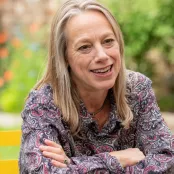
The excitement and creativity of bringing together colleagues from across the University is a huge benefit to our research to promote health and wellbeing with and for young people. Game designers, geographers, biologists, clinicians, anthropologists and psychologists, amongst many others, all contribute to life science research with young people.

Adolescent health is a critical determinant of lifelong wellbeing, driving economic productivity, social stability, and health equity. For the UK and globally, investing in adolescent health through research, interventions and evidence-based policies is essential to breaking cycles of poor development and health.
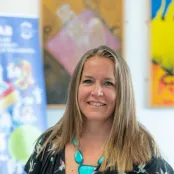
LifeLab at Southampton is an established innovative educational programme which empowers children and young people to understand the sciences behind the health messages they see and hear, to make positive lifestyle choices.
